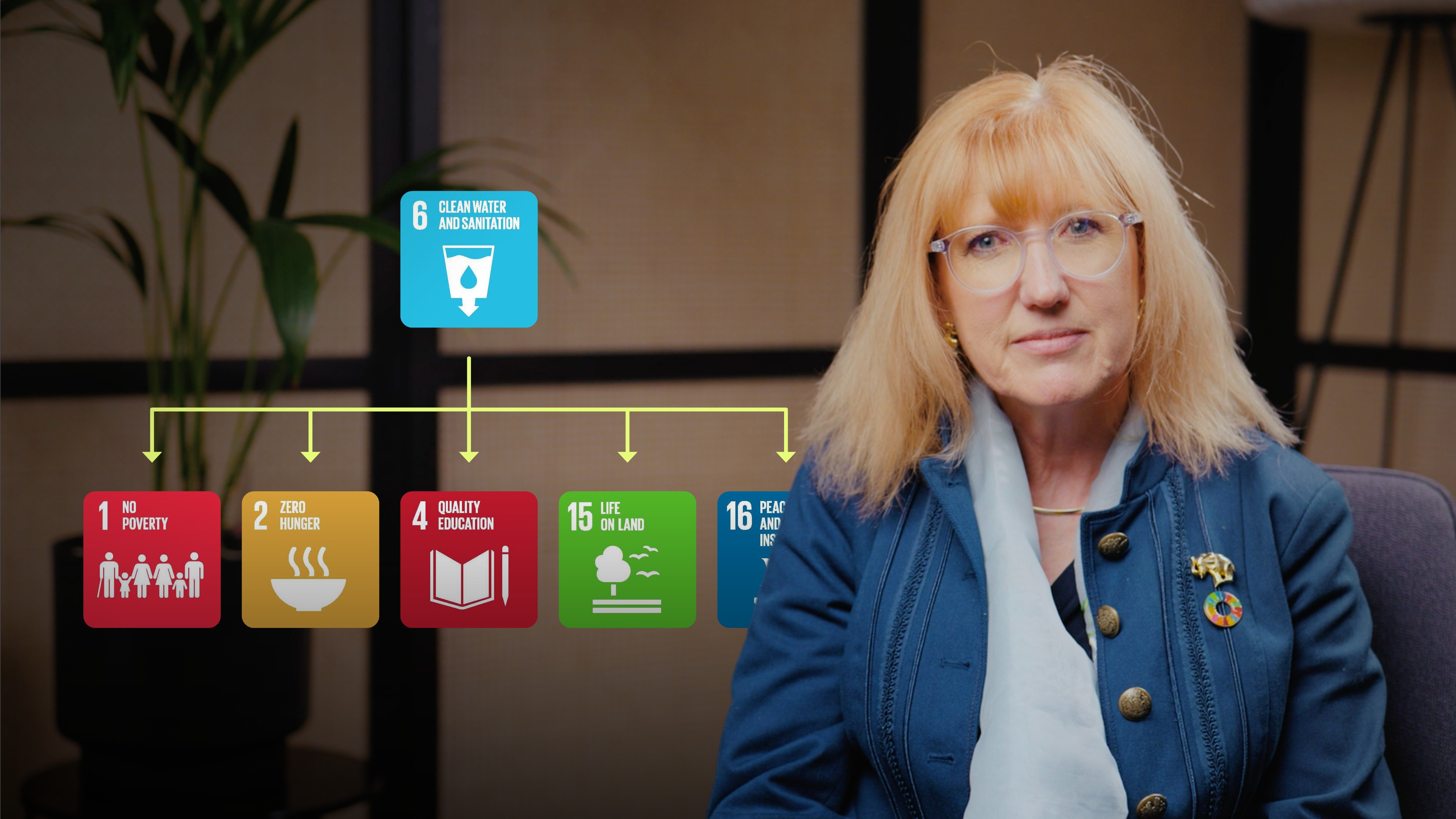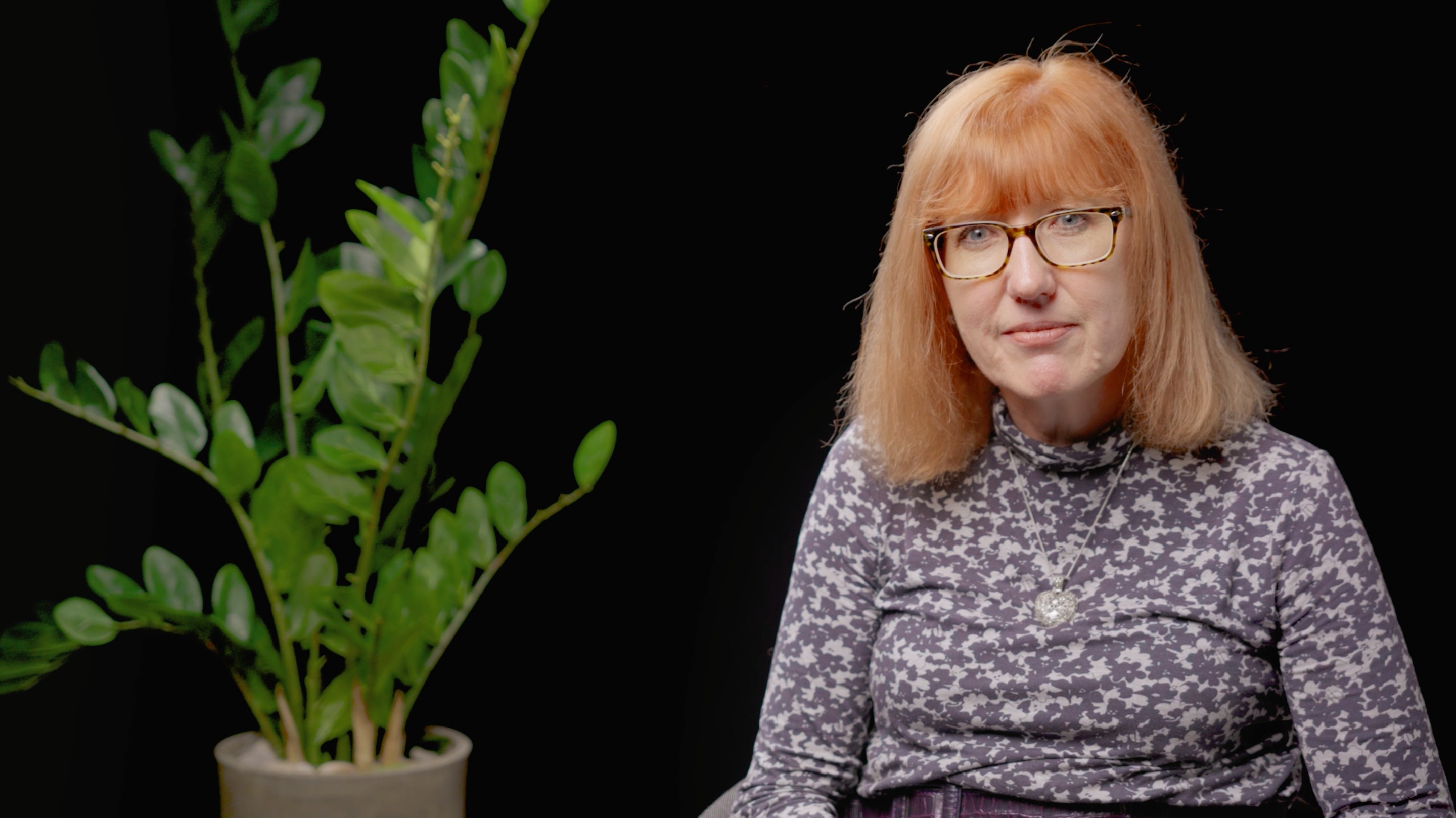
Social Infrastructure SDGs I

Wendy Whewell
22 years: ESG & Climate Change
In this video, Wendy covers three UN Sustainable Development Goals: Clean Water and Sanitation (SDG 6), Affordable and Clean Energy (SDG 7), and Decent Work and Economic Growth (SDG 8). She explores their aims and progress. SDG 6 addresses universal clean water access, but challenges persist. SDG 7 targets sustainable energy access, requiring faster progress. SDG 8 seeks economic growth with decent work, but challenges remain, including the impact of COVID-19 and child labor.
In this video, Wendy covers three UN Sustainable Development Goals: Clean Water and Sanitation (SDG 6), Affordable and Clean Energy (SDG 7), and Decent Work and Economic Growth (SDG 8). She explores their aims and progress. SDG 6 addresses universal clean water access, but challenges persist. SDG 7 targets sustainable energy access, requiring faster progress. SDG 8 seeks economic growth with decent work, but challenges remain, including the impact of COVID-19 and child labor.
Subscribe to watch
Access this and all of the content on our platform by signing up for a 7-day free trial.

Social Infrastructure SDGs I
17 mins 24 secs
Key learning objectives:
Understand the aim of SDG 6 and what progress has been made
Understand the aim of SDG 7 and what progress has been made
Understand the aim of SDG 8 and what progress has been made
Overview:
The UN SDGs aimed at improving social infrastructure include SDG 6: Clean Water and Sanitation, SDG 7: Affordable and Clean Energy, SDG 8: Decent Work and Economic Growth, SDG 9: Industry, Innovation and Infrastructure, SDG 11: Sustainable Cities and Communities, SDG 12: Responsible Consumption and Production and finally, SDG 17: Partnerships for the Goals. Here, the first three are covered. SDG 6 aims to combat water scarcity and improve sanitation. Despite some progress, billions still face water shortages, and critical ecosystems remain unprotected. SDG 7 strives for affordable, sustainable energy for all; however, the pace of progress needs acceleration to meet 2030 targets. SEforAll exemplifies efforts in this domain. SDG 8 promotes inclusive economic growth and decent work, but progress has been hindered by global disruptions, including the pandemic. FairTrade International's initiatives underscore the importance of this goal, working towards better work conditions and prohibiting child labour.
Subscribe to watch
Access this and all of the content on our platform by signing up for a 7-day free trial.
Subscribe to watch
Access this and all of the content on our platform by signing up for a 7-day free trial.

Wendy Whewell
There are no available Videos from "Wendy Whewell"





























